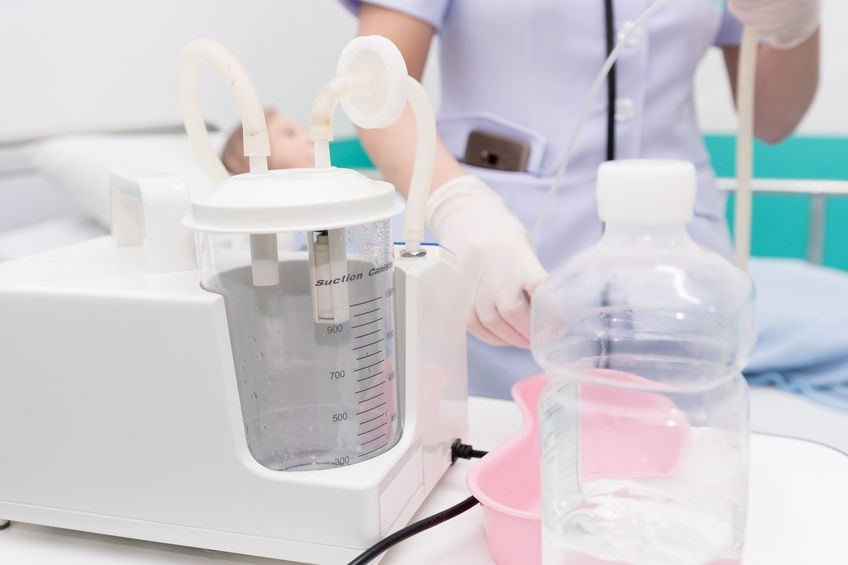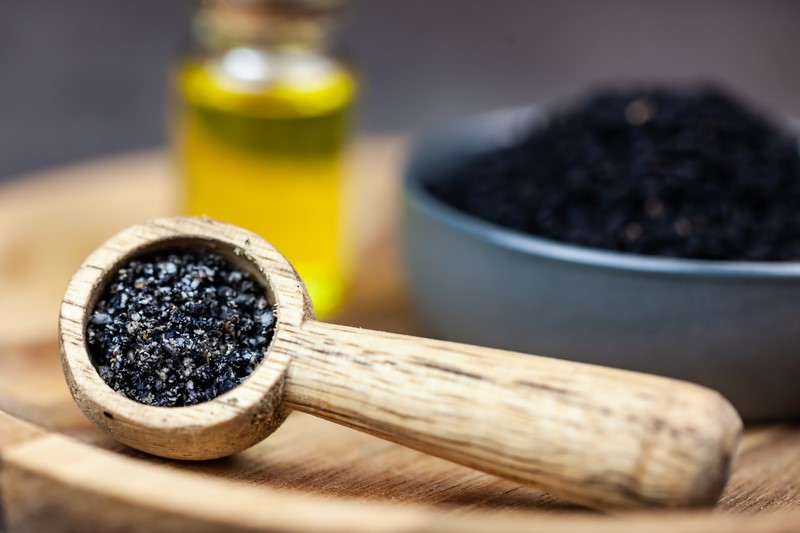While most of us view this thick slimy substance as a nuisance, it is quite contrary to that. Mucus is actually the body’s way of protecting itself from bacteria, viruses and other pathogens that seek to do the body harm. Who would have thought that snot was a good thing, but it turns out it contains many valuable properties.
- Antiseptic enzymes: Reduce the possibility of infection.
- Immunoglobulins: This is an antibody that the immune system uses to protect itself from pathogens.
- Glycoproteins: Assist in the cell to cell interaction, preventing the individual cell from absorbing toxins.
Having said that, while some mucus is beneficial too much can cause problems, we have all suffered from a sinus infection or some other respiratory issue that has made our life miserable. Two foods stand out in the production of mucus, they are
- Wheat: The gluten in wheat once digested leave food particles that are too big for the body to use, to prevent these particles from putrefying in the intestines the body will produce mucus to coat these particles and protect the organs. You may see this mucus in your stool.
- Milk: The name of the protein in dairy is called casein, it is an abundant protein that the body often can mistake as a foreign body, causing the body to have an allergic reaction, thereby producing mucus to coat and neutralize the perceived threat.
While these two causes much of the havoc, mucus production can be caused by sugar, soy products, fried foods, butter, alcohol, and caffeine. While limiting your intake of these things can decrease the amount of mucus production, some natural remedies include:
- Turmeric: Contains curcumin which is a natural antibiotic, and has a high level of antioxidants which fight infections.
- Bay leaves: Contain the active ingredient Eucalyptol, which is a powerful anti-inflammatory.
- Lemon oil: Contains limonene and monoterpenes which has natural antiseptic and antibacterial properties.
Mucus is a necessary and useful weapon that the body uses to protect and fight off infection and other threats that it may receive, but like most things, too much of a good thing can be a bad thing.







